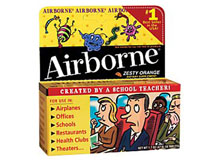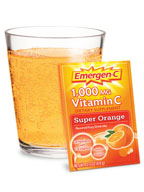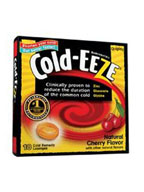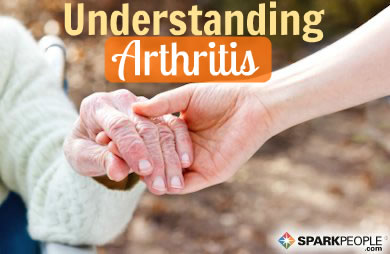This purported immune-system booster, which is available in effervescent tablets, packets and chewables, encountered some trouble in 2008 when the company was sued for falsely claiming that the remedy prevented colds.
Airborne eventually settled the class-action lawsuit, and changed its promise. Now, the blend of 14 vitamins and herbs claims to “help support your immune system.” So is it worth a try if you’re feeling ill? “It’s essentially a multi-vitamin with some herbal supplements as well,” says Yael Halaas, MD, ENT, an ear, nose and throat doctor based in New York City, meaning it doesn’t contain any magic cold-busting ingredients. And according to Linda Dahl, MD, a New York City board-certified otolaryngologist and surgeon, homeopathic remedies don't undergo the same type of testing that over-the-counter and prescription drugs do. “There’s no way to say if it will help one person versus another. If you eat well, take vitamins and get sleep you’ll be in good shape. This remedy won’t hurt, but it won’t necessarily help, either,” she says. However, if you are deficient in certain vitamins, it might be worth a shot.

















